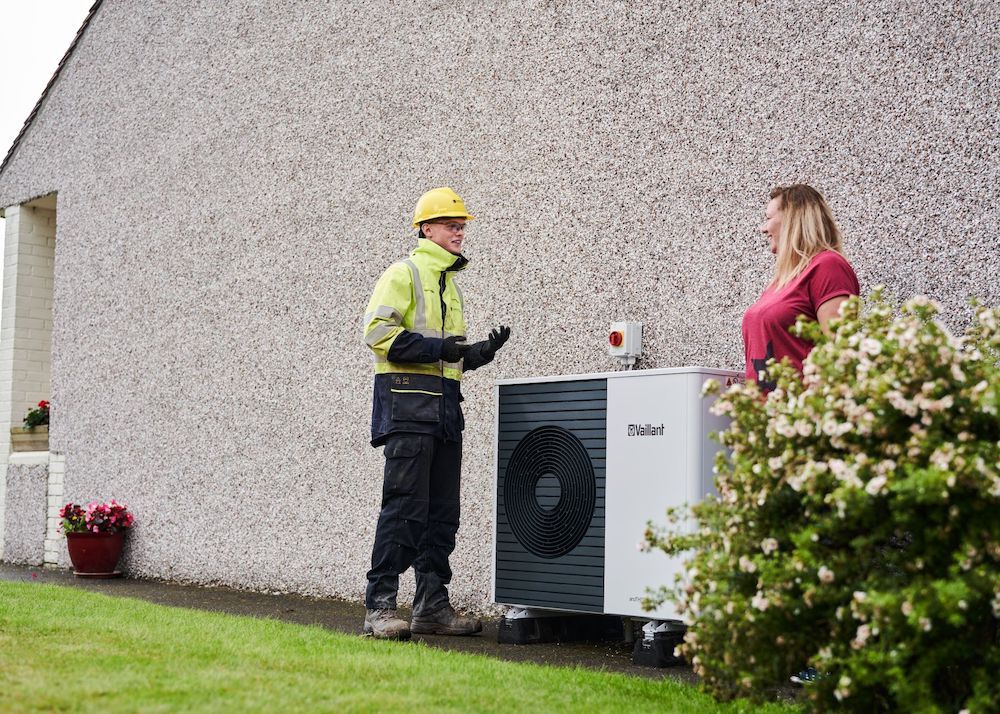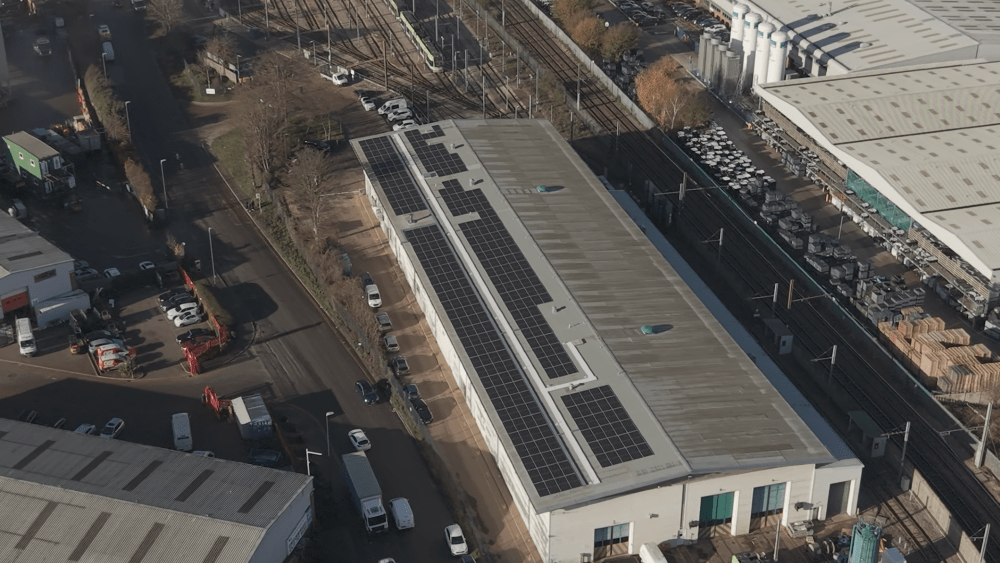Scottish and Southern Electricity Networks (SSEN) Distribution is trialling a tool which allows households to see if they can install low-carbon technologies, such as heat pumps and EV chargers, in properties.
This tool gives households key information on which technologies their homes can already support or if they need electricity equipment upgrades prior to installation.
SSEN Distribution’s studies and modelling conclude there are around 740,000 of its customers whose connections are likely to need some form of upgrade.
In response, SSEN’s innovation experts have created the new Electricity Supply Checker, commencing real-world trials with customers in specially-selected suburban and rural areas.
The checker will be able to inform households on a number of factors, including the estimated capacity available to connect low-carbon technologies; what kind of low-carbon technologies could be connected; and whether upgrades or de-looping are needed.
Iy aims to give households a “clearer idea of the options” when choosing such technologies, and the required upgrades, with experts assisting with the work.
SSEN Distribution has identified two parts of its licence areas – in Swindon and South Oxfordshire – for the trial. These areas have been chosen for their diverse geography, degree of readiness, and their housing stock, it said.
Richard Hartshorn, Low-Carbon Technology Readiness Manager at Scottish and Southern Electricity Networks, says:
“At SSEN Distribution, we’ve commitments in the current price control period to support the substantial growth in the number of electric vehicles and heat pumps on our network. Adoption of both is accelerating, so we want to help remove any remaining barriers, so that anyone who wants to invest in Low-Carbon Technologies is able to use them to heat their homes, generate their own clean electricity, or power their car.
“Many homes were built before heat pumps and EVs were even thought of, so in many cases upgrades will be needed. By trialling the Electricity Supply Checker, we’re taking an important step to increasing the visibility around this process, by giving residents the information they need to take control of their own decarbonisation journeys.
“This work has given us valuable insights into residents’ knowledge of – and attitudes towards – this topic.”
Image courtesy of SSEN Distribution












